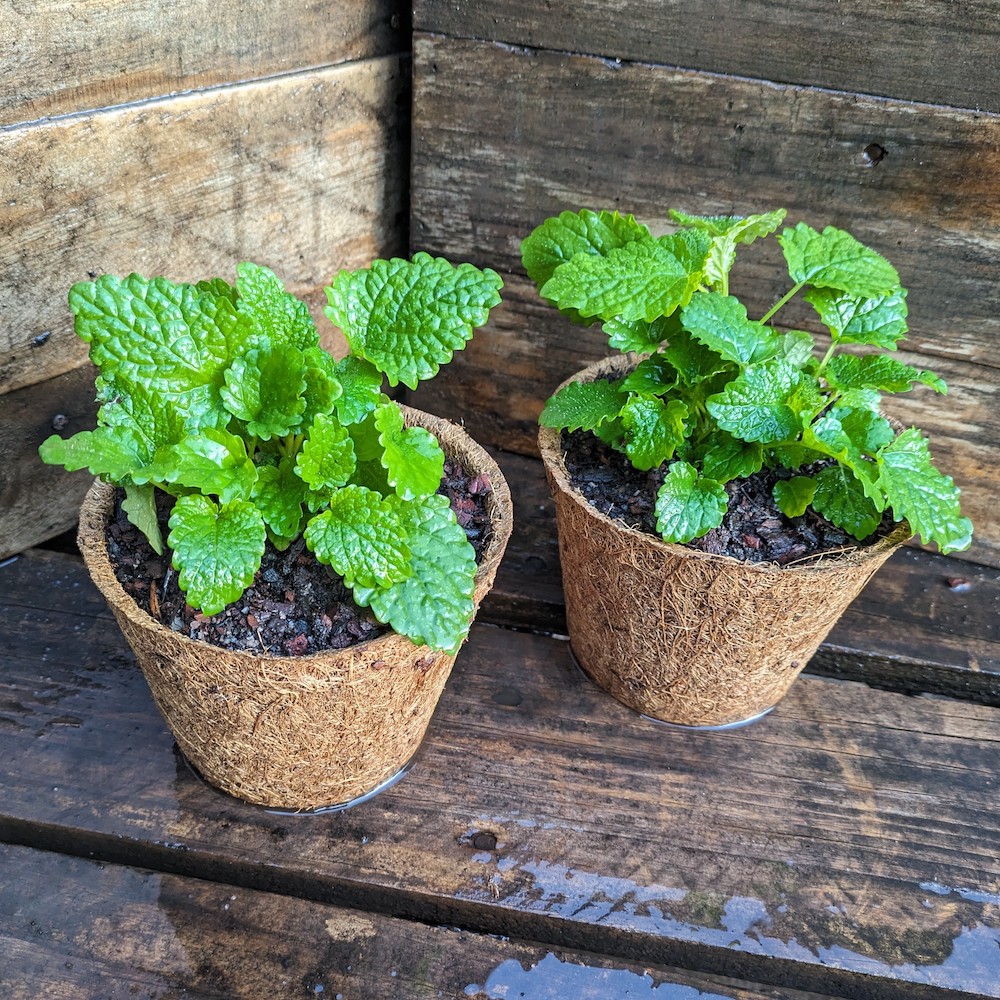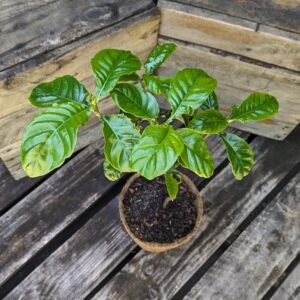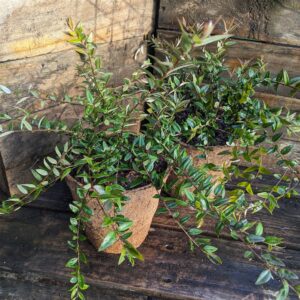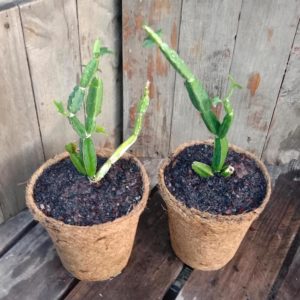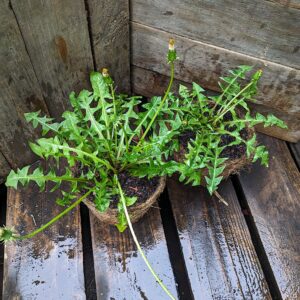Description
Melissa officinalis.
This semi herbaceous perennial is a close relative of the mint family but isn’t as invasive and is much easier to keep under control.
It has pungent lemon scented foliage and white flowers which appear in summer.
The plant prefers a full sun to part shade location and can handle most soil types, including poor dry soils. The leaves may yellow during the summer months if planted in full sun and they can die off a little in cold winters.
Ideal for containers, it should grow to about 40cm high by 40cm wide. They have shallow roots so will need watering during the hotter months, but not too much as they don’t like constantly wet soil.
Harvesting is suitable year round and continuous harvesting will aid in promoting new growth. The leaves can be used fresh or dried and stored in an airtight container for future use. They have a delicate lemon flavour which adds a wonderful zing to fruit salads, garden salads, ice cream, salad dressings and vegetable or chicken dishes. They can be used in hot tea or cold refreshing drinks in the warmer months.
Medicinally, lemon balm will aid in inducing perspiration and help relieve a fever from cold or flu. It can be used to help relieve anxiety and depression, nervous headaches and digestive problems. Bruising the leaves can also help speed up the healing process for insect bites and abrasions.

